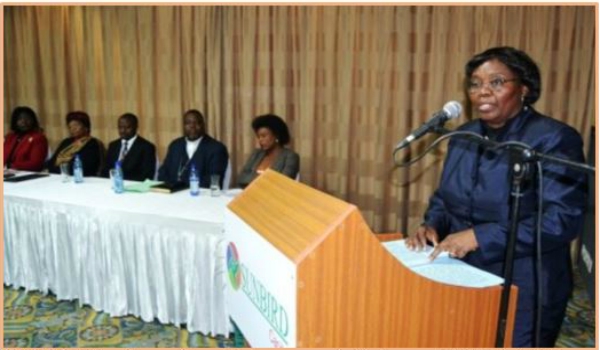
by Godfrey Dalitso Kangaude, Chisale Mhango
International Journal of Gynecology & Obstetrics First published: 27 July 2018
Abstract
Despite adopting a progressive legal and policy framework informed by internationally recognized human rights norms and values, Malawi has not complied with the obligation to explain its abortion law in accordance with legal and human rights standards. In 1930, the colonial government adopted a Penal Code derived from English criminal law, containing provisions regulating access to abortion, but has not undertaken measures to explain when abortion is lawful. What constitutes legal abortion has never been clarified for health providers and potential clients. Consequently, eligible girls and women fail to access safe and legal abortion. The Malawi Law Commission, following its review of the colonial abortion law, has proposed liberal changes which, if implemented, would expand access to safe abortion. However, the immediate step the government ought to take is to clarify the current abortion law, and not to wait for a new law expected to materialize in the indeterminate future.
PHOTO: Malawi Law Commission presents their report, 20 July 2015



